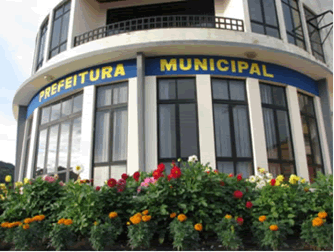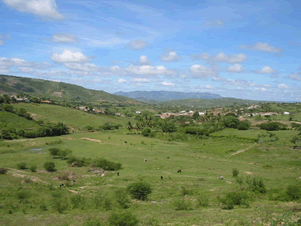Municipality is an administrative unit that has a headquarters, which is usually the city, and a public power structure to meet its specific needs.
Each municipality has a mayor and a City Council, who are responsible for enforcing and drafting the laws. The number of councilors varies according to the population of a given municipality – the greater the number of inhabitants, the greater the number of councilors.

city hall
According to 2011 data from the Brazilian Institute of Geography and Statistics (IBGE), the Brazil has 5,565 municipalities, 853 of which in the state of Minas Gerais alone. On the other hand, the state with the smallest number of municipalities is Roraima, with only 15.
Municipalities have several distinct characteristics, such as the number of inhabitants, the degree of economic development, historical and cultural wealth, urban network, physical aspects, among so many others.

Rural area of a municipality
These administrative units can have urban, rural or mixed areas. The urban municipality is characterized by being fully urbanized; rural municipalities are those that predominate in rural areas; and the mixed area municipalities have urbanized and rural regions.
By Wagner de Cerqueira and Francisco
Graduated in Geography
Kids School Team


